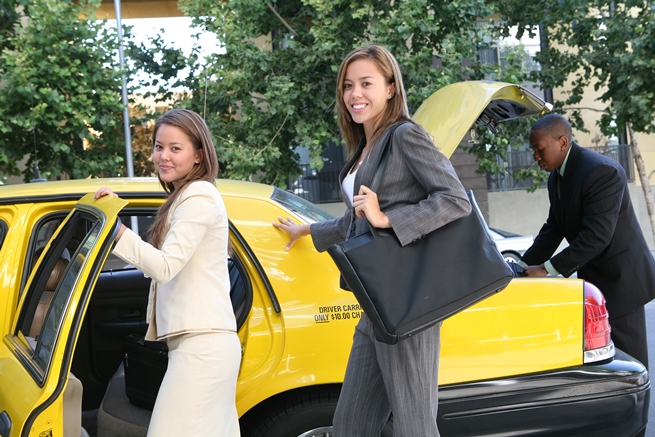Freeing Entrepreneurs from Overreaching Government Regulations
Authors: Shira Rawlinson and Dana Berliner, Institute for Justice, in Arlington, Virginia
[tab name=”MEDIA COVERAGE”]Coming Soon[/tab]
[tab name=”VIDEO”]Coming Soon[/tab]
[tab name=”IMPACT”]Coming Soon[/tab]
[end_tabset]
Arbitrary licensing and permitting laws foreclose many immigrants and people of modest means from entry into areas of occupation that could otherwise offer legs up in the American economy. Specifically, these areas include transportation, commercial kitchens, and home-based businesses.
Municipally set caps on the number of cabs that cities license through restrictive medallion and franchising systems drive up the cost of purchasing a medallion. In Boston, the cost of a taxi medallion can run as much as $625,000, significantly higher than an independent operator can afford.
Permitting requirements that all food-based businesses must operate out of commercial kitchens, and further rules in many cities that require operators to be licensed individually rather than allow them to share a single kitchen license, set a barrier to market entry higher than an individual seeking to open their own catering company can possibly clear.
Other municipal regulations further impede entry to market for individuals looking to start home-based businesses. Cities tightly prescribe what types of businesses can operate out of the home, where in the home they can be based, how many people businesses can employ, whether or not they live in the same home, and how many clients per hour businesses can serve.
If municipal governments are genuinely concerned with expanding employment opportunities for their citizens, they need to reduce and streamline regulations that unreasonably bar individuals from operating their own businesses. Cities should eliminate caps on the number of cabs that operate within their limits and let the market determine what it can bear. They should allow individuals to run catering businesses out of homes, assuming they pass health and safety inspections, or at the very least allow them to share licenses for commercial kitchens. Further, cities should reduce or eliminate regulations that make it unnecessarily difficult for individuals to open home-based businesses.
At a time of persistently high unemployment, cities cannot afford to make it more difficult for those out of work to create their own opportunities.
Better Government Competition 2013 Compendium of Winning Entries




Leave a Reply
Want to join the discussion?Feel free to contribute!